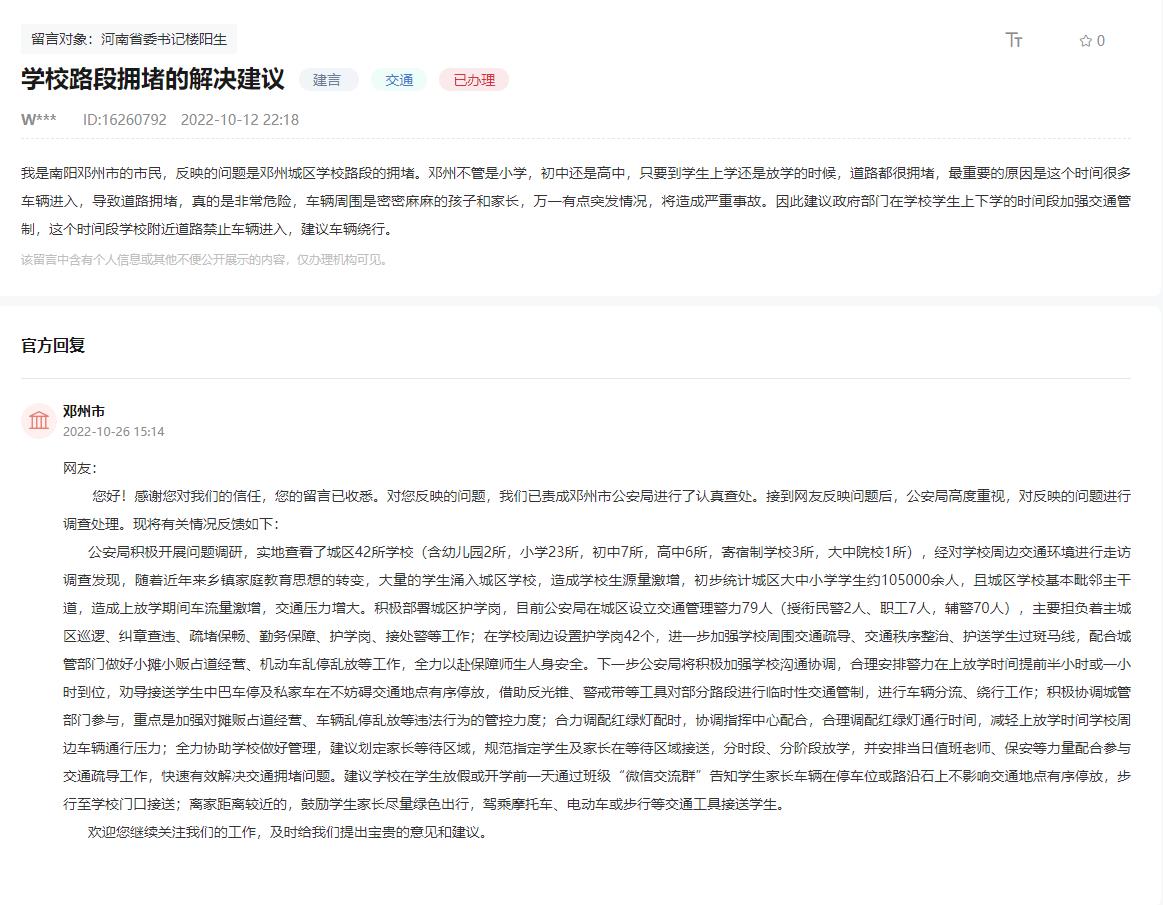焦点速看:Car-Hailing Licensing Suspended in Sanya Amid the Saturated Market
Image source: Visual China
BEIJING, May 6 (TMTPOST) -- The Municipal Transportation Bureau of Sanya in Hainan province has decided to suspend issuing ride-hailing business license and trasnport permits.
 (资料图片仅供参考)
(资料图片仅供参考)
The bureau issued a notice on Friday, warning about illegal operations amid the saturated market in the wake of a surge of the number of ride-hailing platforms and cars in Sanya in recent years. To maintain the market order and protect the legitimate rights and interests of passengers and other operators, the issuance of ride-hailing business license and transport permits will be suspended from May 5.
Sanya will then assess the capacity of the ride-hailing industry and accordingly decide on the date to resume licensing.
On the same day, the Dongguan Municipal Transport Bureau in Guangdong province released a notice, requiring drivers to register with a car-hailing platform before receiving an operating permit and engaging in the business from May 5. In the first quarter of 2023, Dongguan has 23 ride-hailing platform companies, 43,000 licensed cars and 10,100 licensed drivers.
Ensuring adequate cars is crucial for the car-hailing platforms to increase transactions. A small fleet is unbale to match the demand from drivers and passengers. However, excessive players in this industry will intensify competition, leading to a drop in driver income and longer driving hours.
The number of drivers of the market leader, Didi, has risen 46% in two years. "Nowadays, the difficulty to find a job plus the low entry threshold make a ride-hailing driver a preferred job for many people", said a driver with nine years of work experience in the industry from Guangzhou city.
"In order to ensure sufficient capacity, the platform prefers more drivers while their income is disregarded. Because of the increased number of drivers, we need to run another two to three hours to earn the same amount of money as before, while the price per kilometer drops from 2.5 yuan to 1.5 yuan,” said the driver.
Another driver from Didi became a truck driver as a result of dissatisfaction with the platform"s tilt in favour of the drivers with the best service, coupled with excessive restrictions and night work.
To increase the income of employees, a cap has been placed on the percentage of revenues kept by the car-hailing platform. On November 30, 2021, the Ministry of Transport and other eight departments required the companies to strengthen communication and consultation with local trade union organizations and industry associations, and reasonably set the cap. On April 17 this year, the Ministry of Transport released a work plan, requiring major ride-hailing platform companies to lower the upper limit on the percentage of revenues kept by the them by the end of May 2023, to leave a reasonable income for employees.
The compliance rates of the car-hailing industry are still low. According to authorities, as of December 31, 2022, there were 298 licensed online car-hailing companies in China; a total of 5.09 million driver’s licenses and 2.118 million vehicle permits have been issued around the country. Among the top 10 car-hailing platforms in terms of order volumes, On Time has the highest compliance rate while Huaxiaozhu the lowest. 18 metropolises, including Hangzhou, Guangzhou and Xiamen, have compliance rates of over 80%.
- 雅化集团:随着市场行情回暖,公司锂盐产品销量也将逐步增长|全球今热点 [2023-05-17]
- 财神客栈玉玲珑扮演者刘洋_财神客栈玉玲珑 [2023-05-17]
- 世界资讯:餐饮复苏势能延续 复合调味品需求更优 基础调味紧抓B端机遇 [2023-05-17]
- 环球观热点:领用原材料会计分录怎么做_领用原材料会计分录 [2023-05-17]
- 全球速看:华丽家族:泽熙投资提案程序存在瑕疵,泽熙方面称已投反对票 [2023-05-17]


